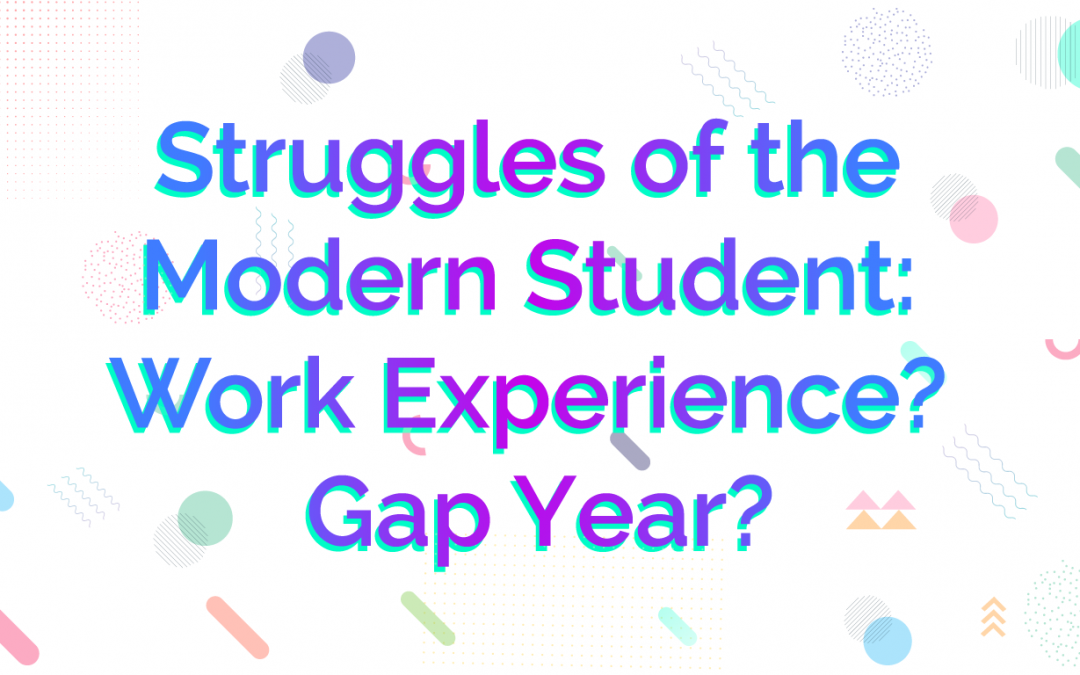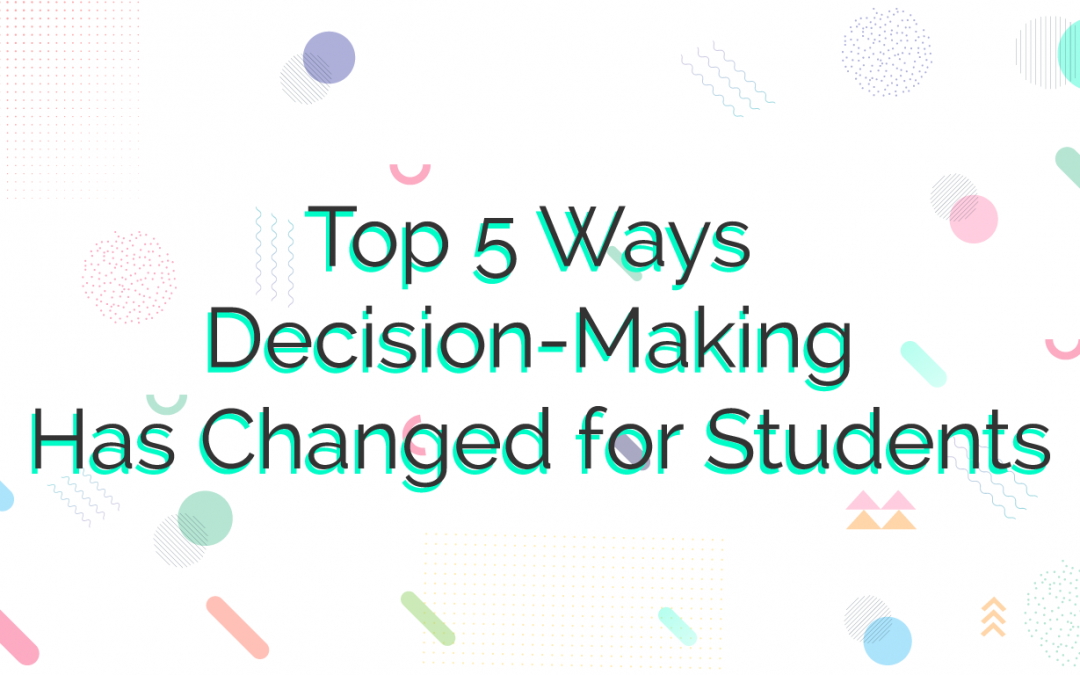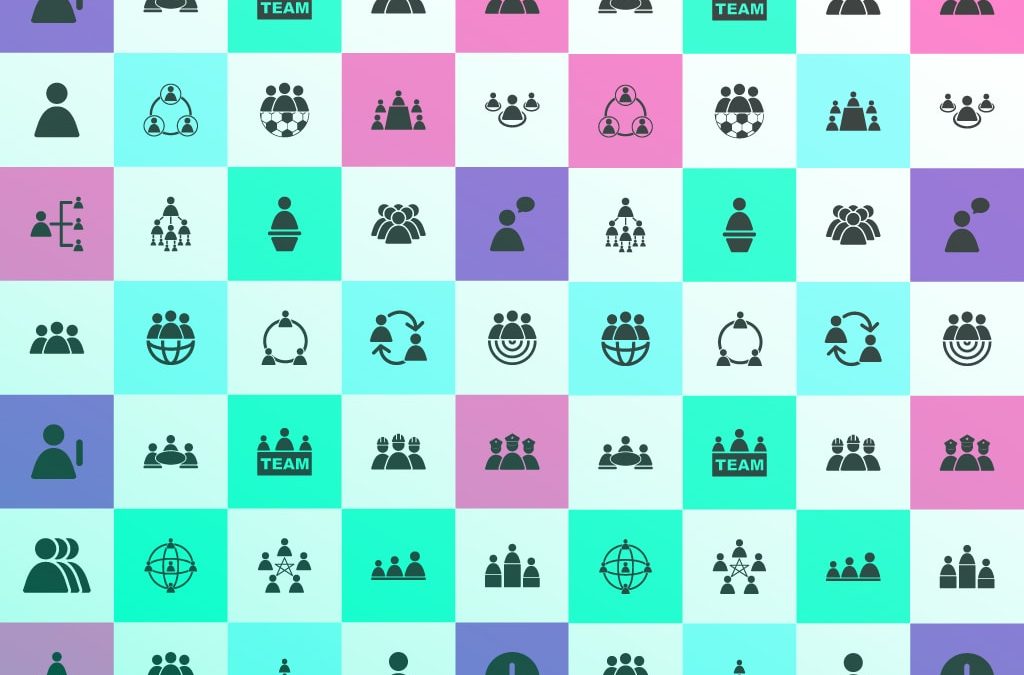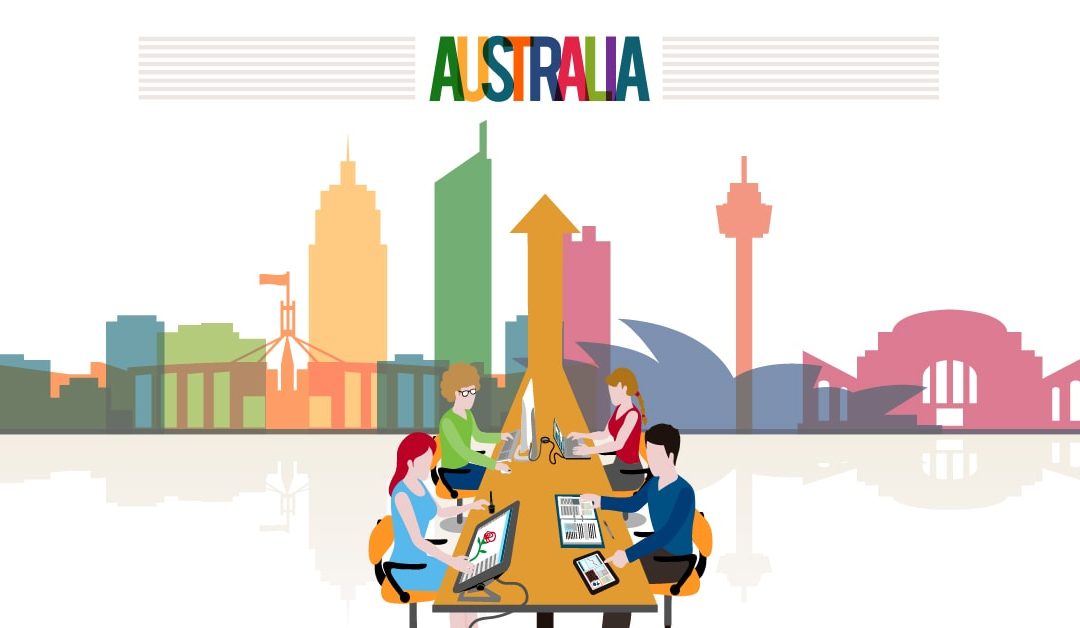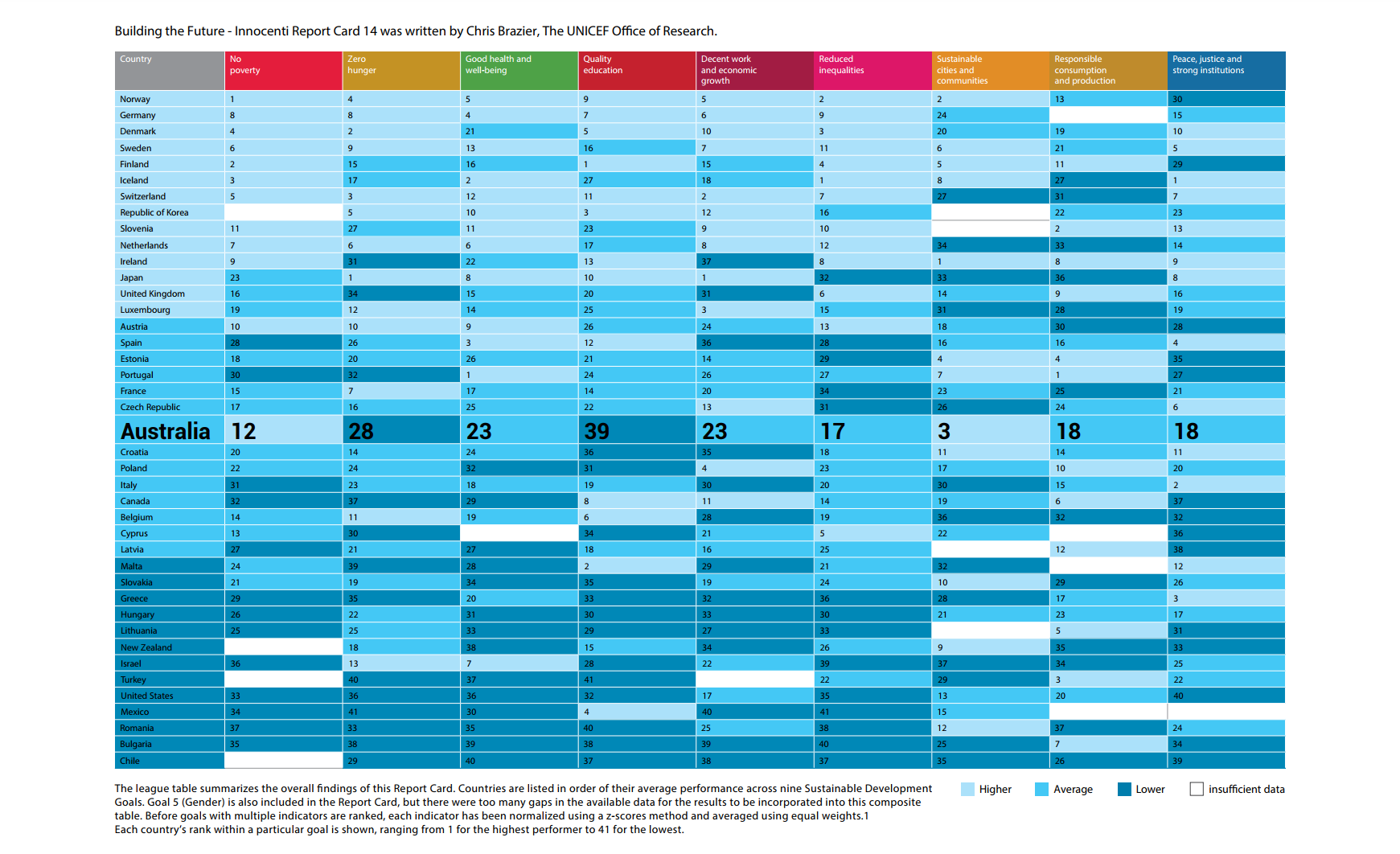How to Win Friends and Influence ‘Millennials’

Opinion Piece Written By By The Grand Student Survey Team — Ronja Sen | Tuesday, 15 May 2018.
Despite popular belief – or perhaps the belief of those who can’t figure out flight mode on their iPhones – millennials and the youth of today are inevitably the most creative, innovative and motivated sect of humanity yet. More and more millennials are speaking out against the labels of laziness, rudeness, ungratefulness and impatience thrust upon them – and rightly so.
- The Great Millennial Issue
If you’ve seen the famous Simon Sinek video on millennials, then you know that there’s little one can do about the circumstances in which they are raised. Growing up in a digitised age means ultra-convenience, instant gratification and sometimes a tendency to give all those around you the same attention – whether they’re physically with you or not.
So, what does this mean for those who have grown up in a digital age?
Sinek argues that the dependency on social media that millennials have can be compared to the dopamine effects obtained from alcohol use and gambling. Sinek argues that the gratification that comes from likes and attention on social media is temporary relief from the anxieties of adolescence – and having such easy access to this model of relief has hindered the progress of and desire for soft skills, people skills and more importantly, deep and meaningful relationships. He suggests that the habits that millennials have of seeking attention for superficial conversation and compliments doesn’t do any favours for their future, and that corporations and employers have an onus to fine-tune these skills for millennials. Whether corporations are adapting to this onus or remaining traditional is a different story.
- The (Actual) Millennial Condition | How to Win Friends
Contrast this to that famous millennial Ted talk by Keevin O’Rourke.
O’Rourke is a founding partner of creative agency Monday Creations, and proud millennial. In his Ted talk, he hones in on the great millennial debate from a millennial’s perspective, highlighting that millennials are motivated, creative free-thinkers who just want to be happy. He identifies the very ideals that today’s generation is not afraid to standardise. These ideals are things such as autonomy over micro-management, and meaning over money. O’Rourke states that millennials want autonomy in their work and thrive in an interconnected team. They work well when they work for someone that they are passionate about, doing work that they are passionate about. This means that millennials place strong value on fulfilment at work – more so than competitive remuneration. This is backed up by professional opinions too, an example being Spencer Stuart’s search consultant highlighting that “today people work for you because they want to, not because they have to.”
If we can change our attitudes towards millennials through understanding these qualities about them, we will foster collaboration, empowerment, positivity and overall success. In other words, our attitudes towards millennials adapted to this understanding will allow us to be friends with millennials – an entire upcoming generation that we will inevitably deal with in the pretty immediate future.
- How to Influence Millennials
The Millennial Condition above actually highlights the irony of millennials – urging to create meaningful impact in life more than any generation before, yet lacking the soft skills more than any generation before to develop meaningful relationships. That’s where initiatives in work experience for Gen Z and millennials comes into play. That’s what works through the Grand Projects – we highlight the importance of work experience for our younger generation from a young age to give them the self-confidence, open-mindedness and ease in performing the tasks required to find their ideal work in life. This comes in the form of soft skills – the ability to make friends in all contexts through deeper relationships. And guess what, this generation is hungry to learn.
Furthermore, Gen Z needs work experience more than any generation before. Regardless of their ideals as employees, it is no secret that unemployment is rife. As the job market tightens around the world, companies have already started new recruitment processes that vary to anything ever used before. Work experience in schooling years indicates and fosters the ‘creativity, willingness to work hard, and love of learning’ that employers are now looking for, as Accenture’s head of global recruiting remarked. Research indicates that young people still use tactics similar to their older counterparts despite increased competition for entry-level jobs as well as desire for previous experience even for these entry-level jobs. Yet, the talk of networking, contacting employers directly and being able to create real relationships is seemingly the edge in landing relevant jobs.
Given the block that this millennial generation is facing in building those relationships in their personal life, work experience in their student years closes the gap between wanting/needing and creating/building meaningful relationships.
So, TL;DR:
- Growing up in a digitised age means a lack of soft skills;
- Millennials are not lazy, they’re actually the coolest humans yet and want to do something significant in life;
- Companies have an onus to help the incoming generation ace millennials’ soft skills;
And, school students need work experience because:
- Work experience = confidence and self-image;
- Work experience = companies helping to ace millennials’ soft skills;
- Work experience = demonstrating skills that are desirable in the market; and
- Work experience = closing the gap between potential and action.
In a nutshell, we have the ability to positively influence millennials through work experience. Befriend them, and teach them how to be friends too. Do that with a positive, enthusiastic and genuine attitude, and pretty soon, you will find that you hold the influence of the future of work.


